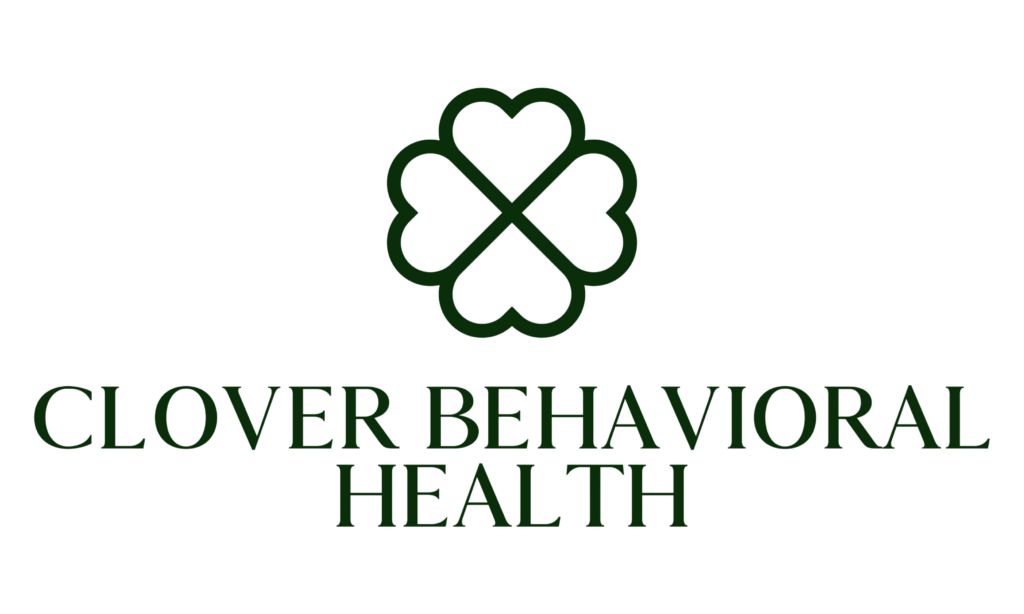When faced with a mental health emergency, it can feel overwhelming and isolating. At Clover Behavioral Health, we’re here to remind you that you are not alone, and there are steps you can take to navigate these challenging moments. Understanding how to respond to a mental health crisis can be vital for you, a loved one, or anyone in need of support. Let’s walk through what you can do if faced with such a situation, always keeping in mind that recovery and stability are within reach.
If you are in need of immediate assistance, call 911 or visit your nearest emergency department. Our mental health treatment programs in Massachusetts are here to help with effective, long-term care and wellness solutions.
Recognizing a Mental Health Emergency
First and foremost, it’s important to identify what constitutes a mental health emergency. While every situation is unique, some common signs include:
- Suicidal thoughts or behaviors: Expressing the desire to die, having a plan to harm oneself, or engaging in unsafe actions that could lead to harm.
- Homicidal thoughts or behaviors: Communicating intentions or making plans to harm others.
- Self-harm: Engaging in behaviors designed to inflict harm on oneself, such as cutting or burning.
- Severe disorientation or confusion: A marked change in mental state where the person appears unable to think clearly or understand what is real.
- Significant mood changes: Rapid changes in mood or behavior that are out of character or worsening.
- Hallucinations or delusional thinking: Experiencing things that others don’t (e.g., seeing or hearing things that aren’t present).
Understanding that these signs can indicate someone is in crisis empowers us to act swiftly and compassionately.
Immediate Steps to Take
Stay Calm and Offer Support
In any emergency, staying calm is crucial. Your composure can help ground the situation and provide a sense of stability. Offer a listening ear, validating the feelings without judgment, and ensure the person knows they are not alone.
Assess Safety
Ensure that the person and those around them are safe. If there are immediate threats of harm, call emergency services right away. It’s important to remove access to weapons, medications, or anything else that could be used to cause harm if it’s safe to do so.
Contact Professionals
Reach out to mental health professionals who can provide immediate assistance. Calling a crisis hotline can be a valuable first step. In the United States, the National Suicide Prevention Lifeline (1-800-273-TALK) and Crisis Text Line (text HELLO to 741741) are available 24/7 to offer support.
Seek Emergency Services
If the situation is critical and the person is at immediate risk, do not hesitate to call 911 or go to the nearest emergency department. Let them know it is a mental health emergency so they can send the appropriate responders.
Building a Safety Plan
Being proactive in mental health care can help reduce the frequency and severity of crises. Creating a safety plan when not in crisis can empower individuals and their support systems to manage future emergencies more effectively.
Components of a Safety Plan:
- Identify Warning Signs: Recognize early indicators of a potential crisis.
- Coping Strategies: List activities that can help distract or calm in times of distress.
- Support Systems: Identify friends, family members, or mental health professionals who can be trusted to help.
- Professional Contacts: Have contact information readily available for therapists, crisis lines, or other relevant professionals.
- Safe Environment: Outline specific steps to ensure safety, such as avoiding harmful materials or visiting safe locations.
- Emergency Contacts: A list of people to call when a situation escalates into an emergency, including crisis lines and local emergency services.
Creating this plan collaboratively empowers individuals by involving them in their own care, which can be comforting and increase resilience.
Continuing Support for Recovery
After the immediate crisis has been addressed, it’s important to continue with follow-up care to support long-term recovery. This involves working closely with mental health professionals to understand underlying issues and develop a personalized recovery plan that emphasizes strengths and builds on skills to manage mental health effectively.
Steps for Continuing Recovery:
- Regular Therapy: Engaging consistently in therapy provides ongoing support, a space to process emotions, and a platform for learning effective coping strategies.
- Medication Management: If part of the treatment, ensure medications are taken as prescribed and regularly reviewed by a healthcare provider.
- Peer Support Groups: Connecting with others who have similar experiences can offer a sense of community and belonging, reducing feelings of isolation.
- Healthy Lifestyle Choices: Emphasizing physical health, proper nutrition, regular exercise, and good sleep hygiene can significantly impact mental well-being.
- Mindfulness and Relaxation Techniques: Practices such as mindfulness, meditation, or yoga can help decrease stress and promote emotional balance.
Remember, the path to recovery is not always linear. There will be ups and downs along the way, but each step taken is a step towards stability and well-being.
Empowering Individuals in Their Recovery Journey
At Clover Behavioral Health, we firmly believe in the power of individuals to be active participants in their health and recovery. By providing compassionate, evidence-based support, and empowering choices, we believe in the potential for transformative change. Each person’s journey is unique, and every day holds the possibility for progress.
In moments of emergency, don’t hesitate to reach out for support. Whether it’s a friend, a professional, or us at Clover Behavioral Health, remember that asking for help is a sign of strength, not weakness. Together, we can navigate crises and work towards a brighter, healthier future.
You have the power to change your own story, and we’re here to help you every step of the way. Let’s continue to walk this path together, with courage and hope.














